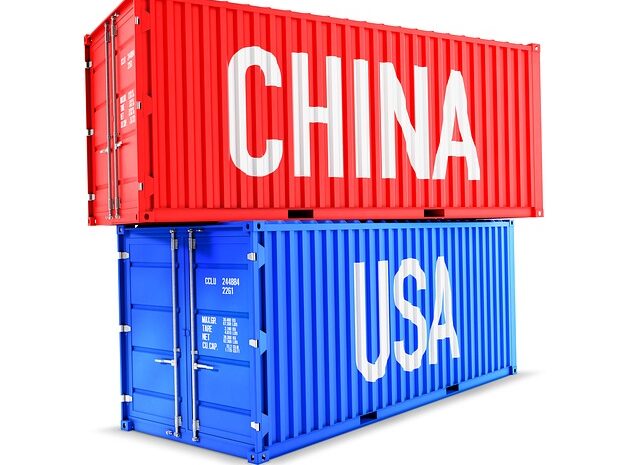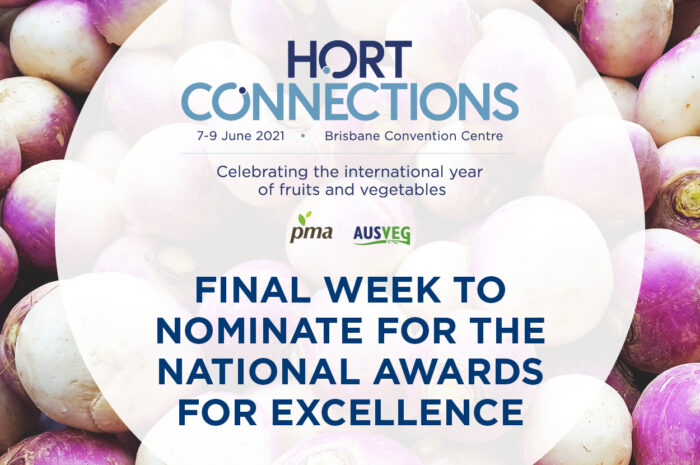The South Vietnamese province of Dong Thap, the largest mango producer in the Mekong Delta with 9,200 hectares and an annual production of almost 100 thousand tons, intends to turn this fruit into a key export product by 2020.
According to Nguyen Thanh Tai, the deputy director of the local Department of Agriculture and Rural Development, to achieve this purpose, Dong Thap has invested in improving its technological infrastructure, a levee system, and agricultural technology in order to achieve Global Good Agricultural Practices (Global GAP) and remarkable results in the post harvest industry.
He said that two areas devoted to growing mango in the city of Cao Lanh, which have a combined extension of 33 hectares, had achieved Global GAP standards, while two other areas, which together amount to more than 48 hectares, met the standards of Good Agricultural Practices of Vietnam (VietGAP).
So far, said Thanh Tai, the town has developed six safe mango production areas with an area of more than 416 hectares, and it has registered the intellectual property of its Cat Chu Cao Lanh and Mango Cao Lanh brands.
Thanh Tai highlighted that the province had managed to maintain the mango supply throughout the year.
Meanwhile, Nguyen Phuong Tuyen, the head of the Office of Technology and Information Technology Research of the Department of Agriculture and Rural Development, said the province wouldn’t expand the cultivation areas of mango in the future, but that it would focus on investing in storage and processing areas to improve the mango’s production value chain.
Under contracts signed more than two years ago, Dong Thap exported 100 to 200 tons of mango each month to Japan, South Korea, Hong Kong (China), and New Zealand.
Tran Van Ha, from the University of Can Tho, advised Dong Thap to foster connectivity among farmers and between farmers and businesses to boost production, one of the key pillars of the province’s agricultural restructuring strategy.
Meanwhile, Nguyen Bao Ve, the former director of the Faculty of Agriculture of the University of Can Tho, said that the province should manage the maintenance of this fruit tree to improve the quality of mango, while concentrating on diversifying products to meet the demands of the market.
Source: VNA via www.freshplaza.com
Publication date: 7/3/2018
Related News & Updates
Become a Member
Join AHT
We’re the peak industry body for Australian Horticulture Trade. Joining AHT helps us advocate for you & the greater good of the industry.
Benefits OF joining
- Representing you, monitoring developments and potential threats to imports & exports
- We work on your behalf on solutions & opportunities to facilitate and maintain trade
- Be kept up to date with important issues affecting horticultural imports & exports



